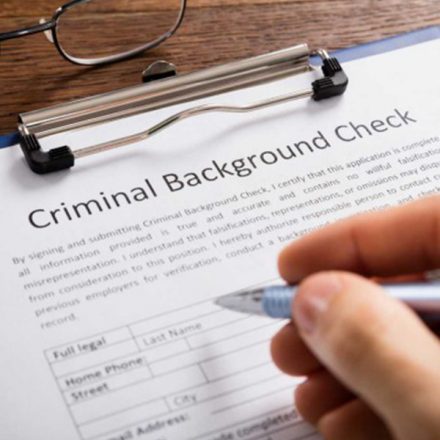Supreme Court Ruling on disclosure of old or minor offences
A landmark case by the Supreme Court has ruled that the current laws on disclosure of criminal records is ‘plainly disproportionate’. As a result of this ruling many thousands of people may not be required to disclose old or minor criminal offences when applying for jobs.
Enhanced criminal record checks – or DBS checks as they are more widely known – are often the source of much discomfort to many people across the UK. DBS checks are a vetting tool used by employers to assist in recruitment of potential employees by checking their criminal record.
The major problem with the current criminal records disclosure scheme is that convictions, cautions, warnings and reprimands that would otherwise be ‘spent’ are disclosed on a DBS check and there is no opportunity for a ‘case by case consideration’. In addition, warnings and reprimands issued to youths are also disclosed. Many people feel that these checks are unfair and feel that their future is hampered by their past mistakes.
The Supreme Court highlighted how there was a need to strike a balance between rehabilitation and protecting young and vulnerable adults from people who may cause them harm. The Supreme Court ruled in favour of three individuals in this case. Each felt that the current criminal records scheme was unfairly ruining their future prospects. Lady Hale stated that there is ‘the importance of enabling people who have committed offences, and suffered the consequences of doing so, to put their past behind them and lead happy, productive and law abiding lives’.
One of the individuals in the case – referred to as ‘P’ was convicted in 1999 of stealing a book worth 99p. She was also convicted of failing to surrender on bail as she failed to turn up to Court when required. At the time of the offences, she was 28 years old, homeless and suffering from undiagnosed schizophrenia. P has not committed any further offences since 1999 and has now received medical treatment for her schizophrenia. Despite turning her life around P has been unable to obtain employment, as enhanced DBS checks require her to disclose her convictions from 20 years ago and force her to reveal details of her medical history to future employers.
The Supreme Court has ruled that the current criminal records scheme is unlawful on the ground that it does not comply with Article 8 – right to a private life. The Supreme Court recognised that the current criminal records scheme has a significant impact on a ‘potentially substantial number of individuals’. In light of this ruling, the government will have to consider reforming the current disclosure system. A government spokesman has said that the government ‘will consider the ruling carefully before responding.’ One hopes that the Court’s decision will encourage the government to reform the criminal records disclosure scheme as quickly and as efficiently as possible.
Edwards Duthie Shamash has expertise in this area of law and we are happy to accept your instructions. Please contact our Shaun Murphy if you require advice on this area of law.
